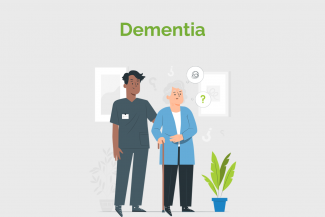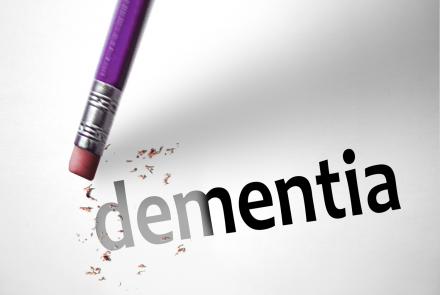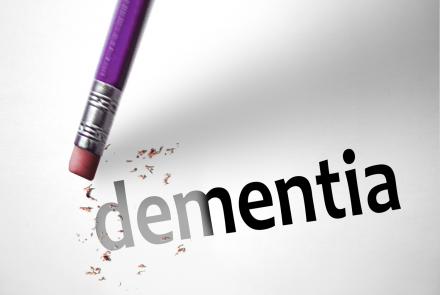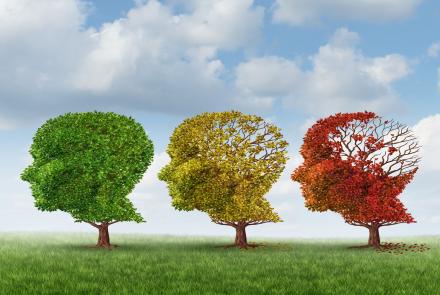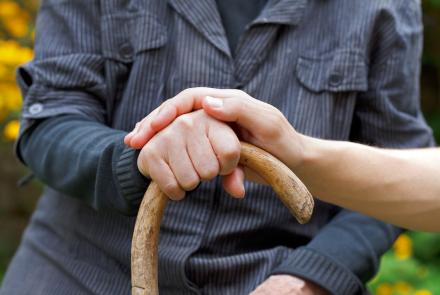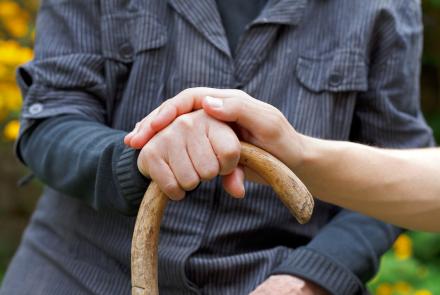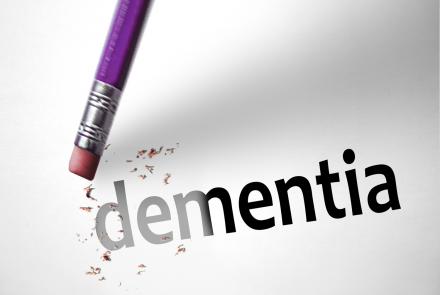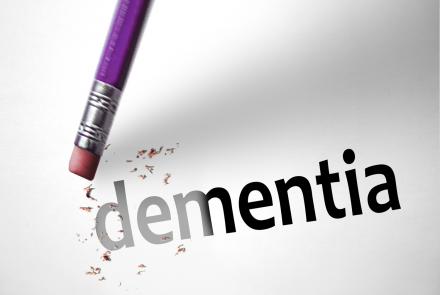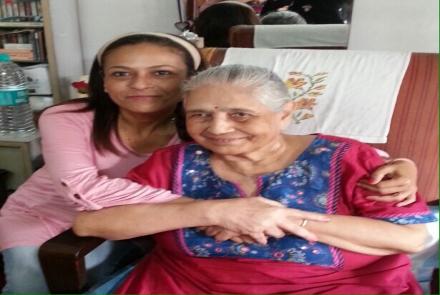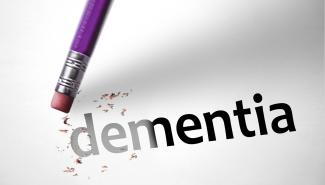
Dementia generally gets worse with age but the development of symptoms can often be slowed with drugs or other treatments. Treatment of dementia usually aims to improve memory and concentration, reduce psychiatric problems, and improve the quality of life for both the patient and their family.
Improving memory and concentration: The memory difficulties seen in Alzheimer's disease can be relieved for a short time in some people with drugs that prevent the breakdown of acetylcholine in the brain. These drugs are called 'cholinesterase inhibitors' and are thought to work by increasing the levels of acetylcholine in the synapses. Examples include Donepezil (Aricept), Rivastigmine (Exelon) and Galantamine (Reminyl). They can improve memory as well as slow down some of the changes in personality and mood. To treat vascular dementia, the risk factors that led to vascular dementia, such as high blood pressure or diabetes should be controlled followed by physiotherapy, occupational therapy, speech therapy.
Medication for Lewy Body Dementia includes cholinesterase inhibitors, such as Donepezil and Rivastigmine to treat the cognitive symptoms. They can also be effective in treating visual hallucinations and other psychiatric symptoms.
To treat Frontal Lobe Dementia, anti-psychotics like anti-depressants are used along with speech therapy.
Reducing psychiatric problems : The depression associated with dementia can be alleviated with anti-depressants.
Related reading: http://www.patientsengage.com/conditions/dementia/types-stages

